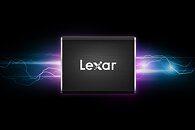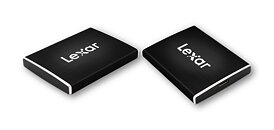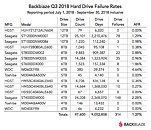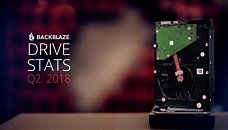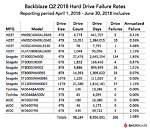Ansys Collaborates with TSMC and Microsoft to Accelerate Mechanical Stress Simulation for 3D-IC Reliability in the Cloud
Ansys has collaborated with TSMC and Microsoft to validate a joint solution for analyzing mechanical stresses in multi-die 3D-IC systems manufactured with TSMC's 3DFabric advanced packaging technologies. This collaborative solution gives customers added confidence to address novel multiphysics requirements that improve the functional reliability of advanced designs using TSMC's 3DFabric, a comprehensive family of 3D silicon stacking and advanced packaging technologies.
Ansys Mechanical is the industry-leading finite element analysis software used to simulate mechanical stresses caused by thermal gradients in 3D-ICs. The solution flow has been proven to run efficiently on Microsoft Azure, helping to ensure fast turn-around times with today's very large and complex 2.5D/3D-IC systems.
Ansys Mechanical is the industry-leading finite element analysis software used to simulate mechanical stresses caused by thermal gradients in 3D-ICs. The solution flow has been proven to run efficiently on Microsoft Azure, helping to ensure fast turn-around times with today's very large and complex 2.5D/3D-IC systems.




